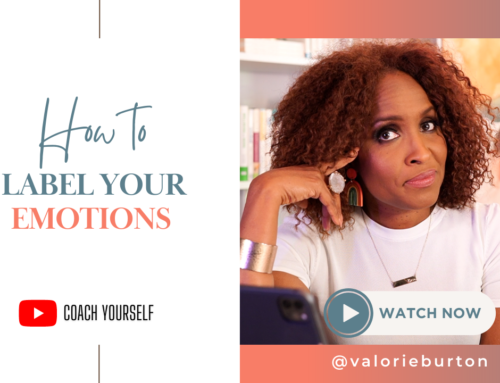When I first heard the phrase, it resonated immediately: Goal fatigue. It occurs when we either have too many goals at once, or when we don’t replenish our energy between goals. It will sabotage your best efforts, steal your joy and leave you confused about why you no longer feel motivated to go for what you want. Do you have goal fatigue? Here are three signs and some advice about what you can do to prevent it and overcome it.
1. What used to energize you now burns you out.
A sure sign you’ve got goal fatigue is when you find yourself exhausted and burned out by activities you once loved. You can’t enjoy what you love because there is so much to accomplish, your passion is nothing more than a series of timelines and deadlines. It is perplexing because you used to love it, but now you’ve lost your motivation. Goals are good. But having too many goals is self-sabotaging.
2. You never give your full attention to any one goal – and it shows.
You are enthusiastic about goals. There’s just so much you want to accomplish. But you’re also impatient. You want it all – right now. So you find yourself stretched in multiple directions, which makes it difficult to focus. You only have so much energy and mental capacity. When it becomes stretched too thin, you are less effective at each goal you set. Instead of doing everything at once, prioritize your goals, and then schedule them over a reasonable period of time. This allows you time to block a specific period to focus on your highest priorities first, and as you check them off your goal list, you can move on to the next one. Just be sure to celebrate and rest between achievements. This last sign explains why.
3. Your goal line is just the starting block for your next goal.
Goal fatigue often sets in because you don’t rest and celebrate between goals. Celebrate your milestones. It gives you a chance to savor the “finish line,” a moment worth acknowledging. Reflect on what it took to get there and pinpoint any lessons you’d like to take from the experience and use in the future. Then give yourself a break before diving into the next goal. You can decide how long the break, but the more energy required to reach the goal, the more you’ll need to replenish your reserve.



